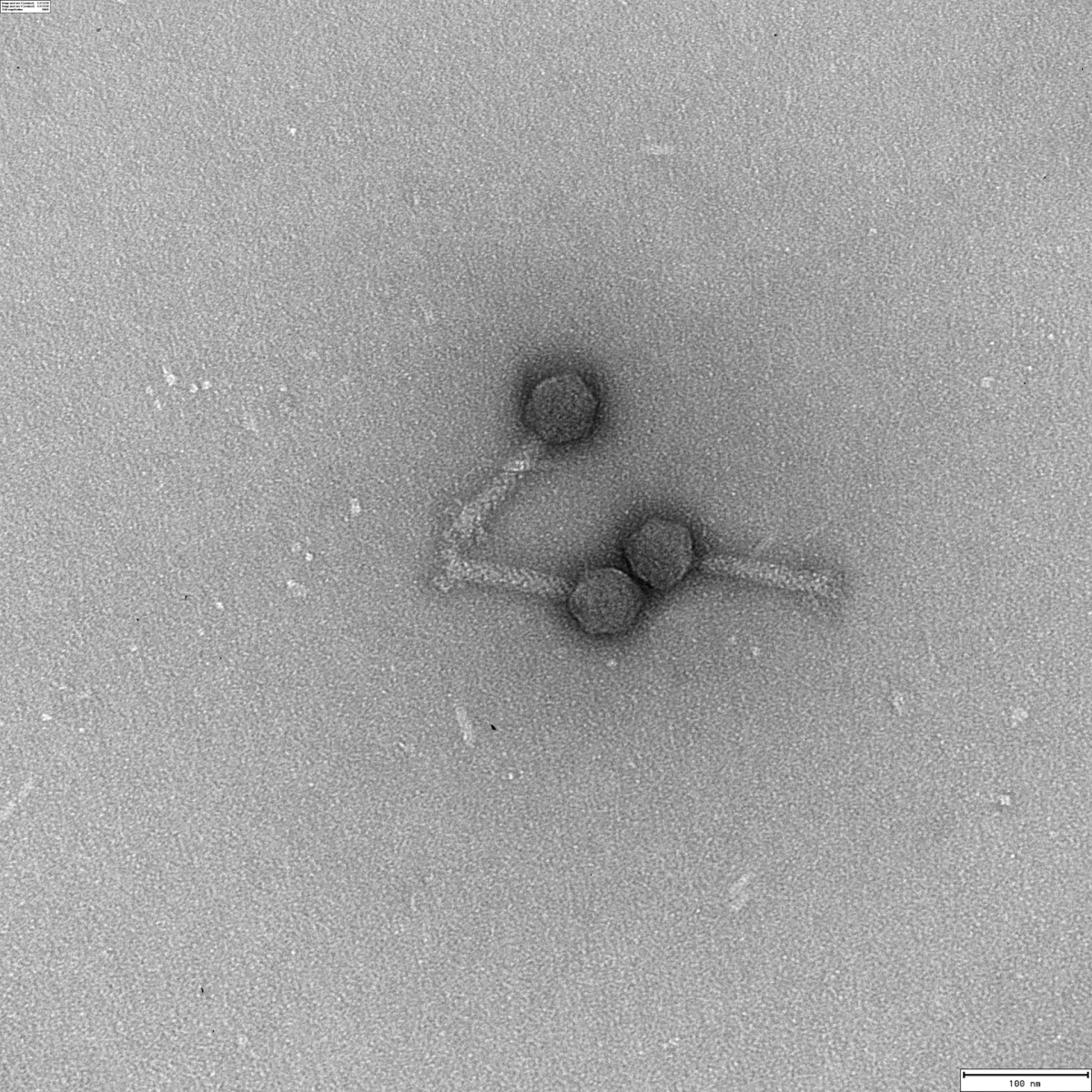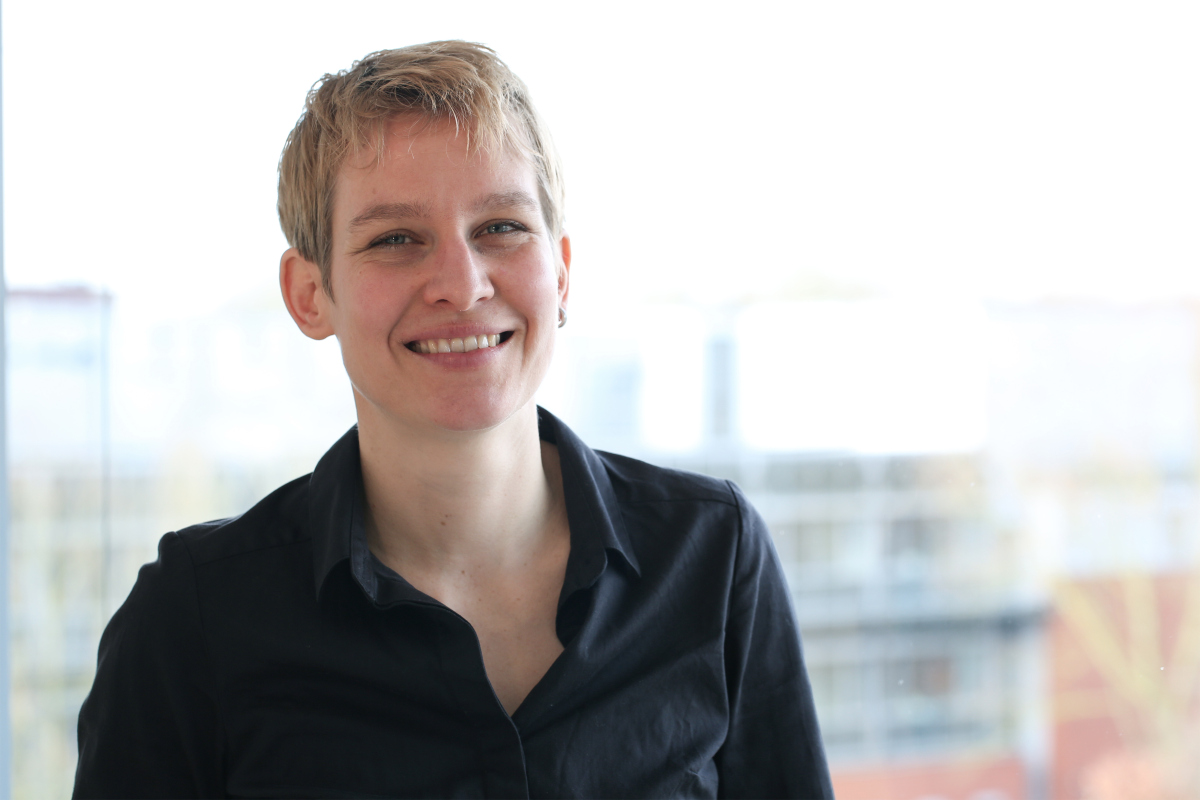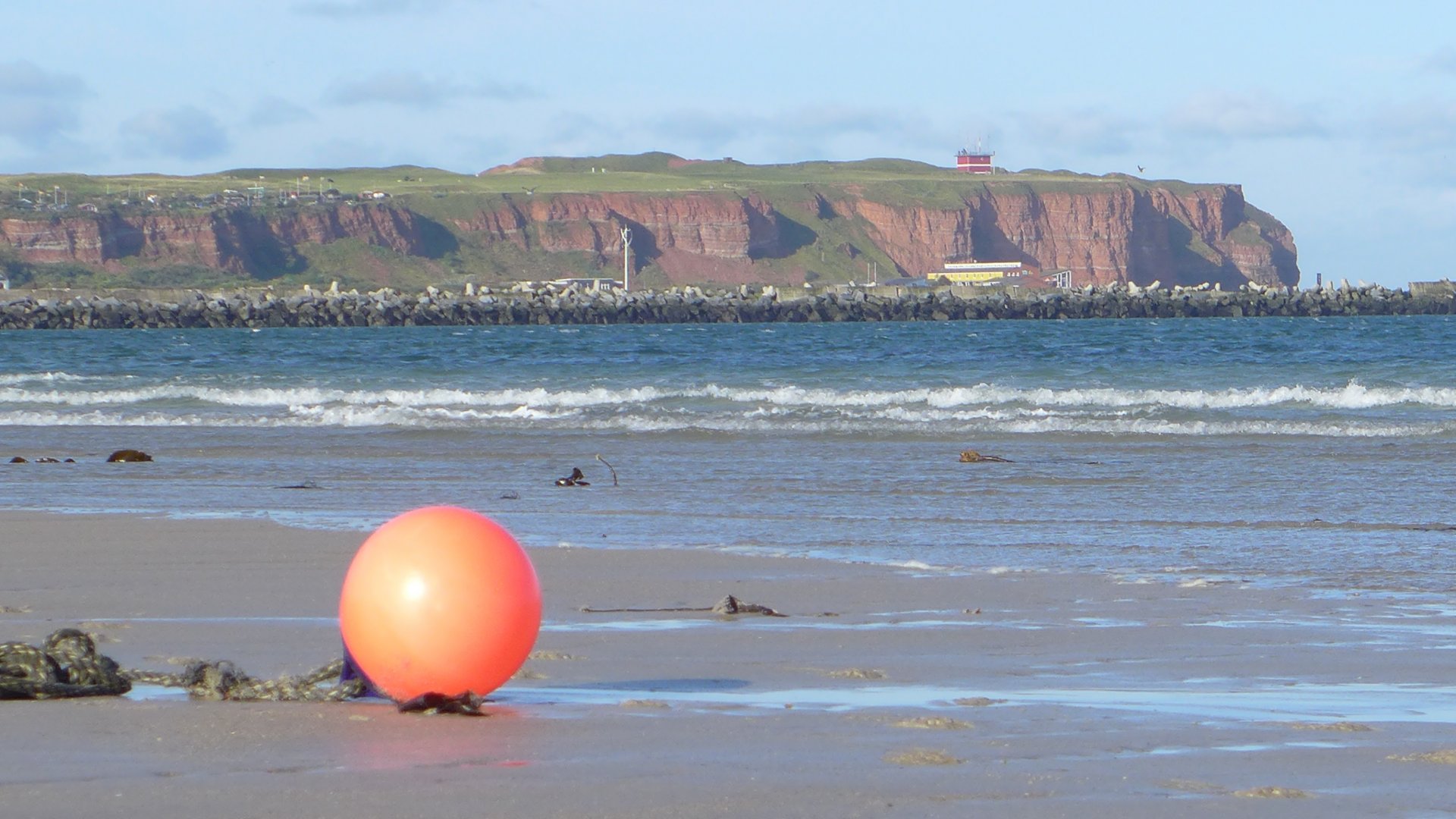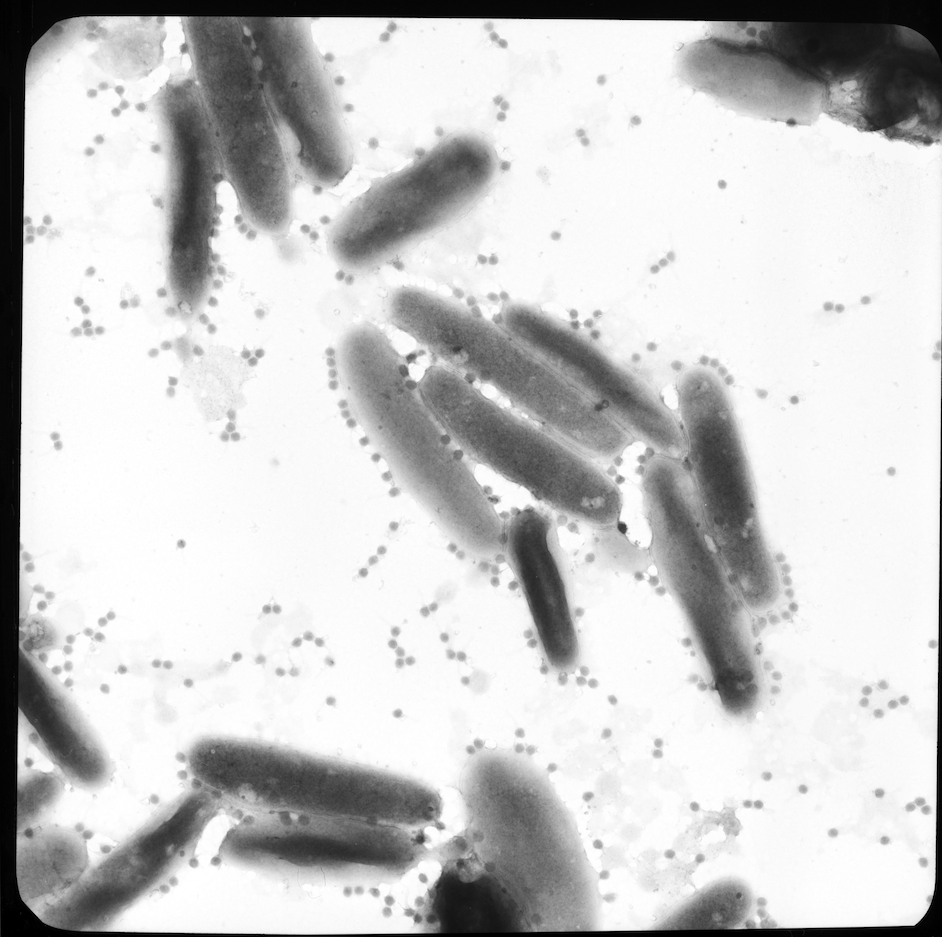- Press Office
- Press releases 2021
- The viruses of the North Sea
The viruses of the North Sea

Many new viruses discovered
The researchers found many new and very diverse phages in the North Sea. Phages are viruses that infect bacteria. Accordingly, the viruses studied here, which are specialized to infect Flavobacteria, are called flavophages. “The abundance and types of phages changed during the spring bloom. For example, at the beginning of the bloom we found only a few phages, which increased in abundance over time. We were also able to show that a particular phage species was only present for a short period of time, after which only its relatives remained,” explains co-author Cristina Moraru from the Institute of Chemistry and Biology of the Marine Environment (ICBM) at the University of Oldenburg. Over the years, however, the community of viruses was quite stable: Different phages could be found and isolated in two consecutive years.
Bartlau and her colleagues have thus collected numerous pieces of evidence that indicate: Viruses have a major impact on bacterial mortality during the spring bloom. The bacteria are responsible for breaking down the remains of microscopic algae over the course of the bloom, which largely releases the carbon dioxide absorbed by the algae from the atmosphere. “There is a possible link here between the viruses and the global carbon cycle, which will certainly be very exciting to investigate,” says Bartlau.
Now also in the laboratory
The researchers also succeeded in cultivating numerous different and previously unknown viruses in the laboratory in Bremen. “We identified 10 new genera and also 10 new families,” says Bartlau. Many of them – 9 of the 10 genera and 4 of the 10 families to be exact – did not exist in culture before. “These new isolates now allow for exciting experiments in the lab to further our knowledge of flavophages and the role of viruses in the ocean,” Bartlau emphasizes. And this knowledge then goes far beyond the marine habitat, because some of the virus families isolated here also have members that live in freshwater, sewage and soil.
Original publication:
Nina Bartlau, Antje Wichels, Georg Krohne, Evelien M. Adriaenssens, Anneke Heins, Bernhard M. Fuchs, Rudolf Amann, Cristina Moraru (2021): Highly diverse flavobacterial phages isolated from North Sea spring blooms. ISME Journal.
Participating institutions
- Max Planck Institute for Marine Microbiology, Bremen
- Institute for Chemistry and Biology of the Marine Environment, University of Oldenburg
- Imaging Core Facility, Biozentrum, University of Würzburg
- Alfred Wegener Institute Helmholtz Centre for Polar and Marine Research, Bremerhaven
- Quadram Institute Bioscience, Norwich Research Park, Norwich, UK
Please direct your queries to:
Managing Director
Department of Molecular Ecology
MPI for Marine Microbiology
Celsiusstr. 1
D-28359 Bremen
Germany
|
Room: |
2221 |
|
Phone: |

Head of Press & Communications
MPI for Marine Microbiology
Celsiusstr. 1
D-28359 Bremen
Germany
|
Room: |
1345 |
|
Phone: |


